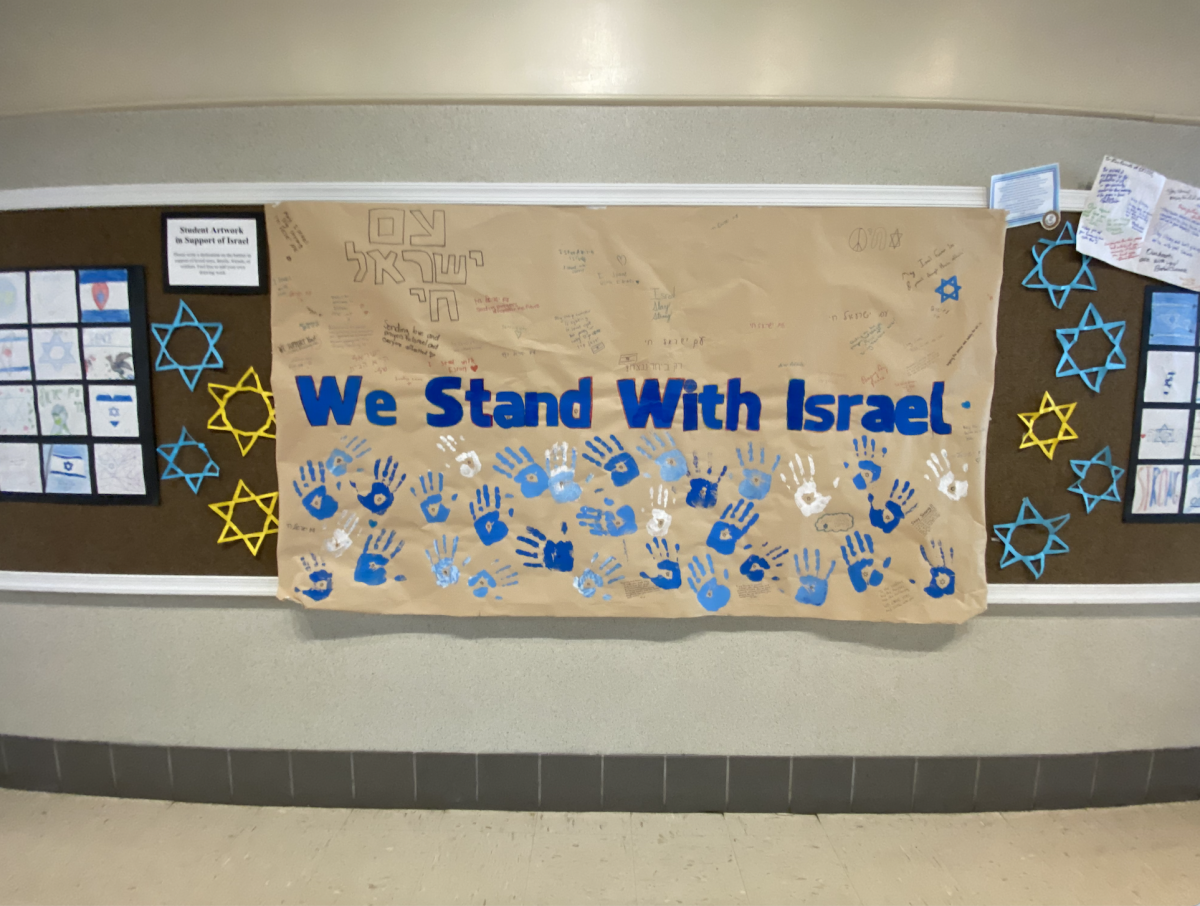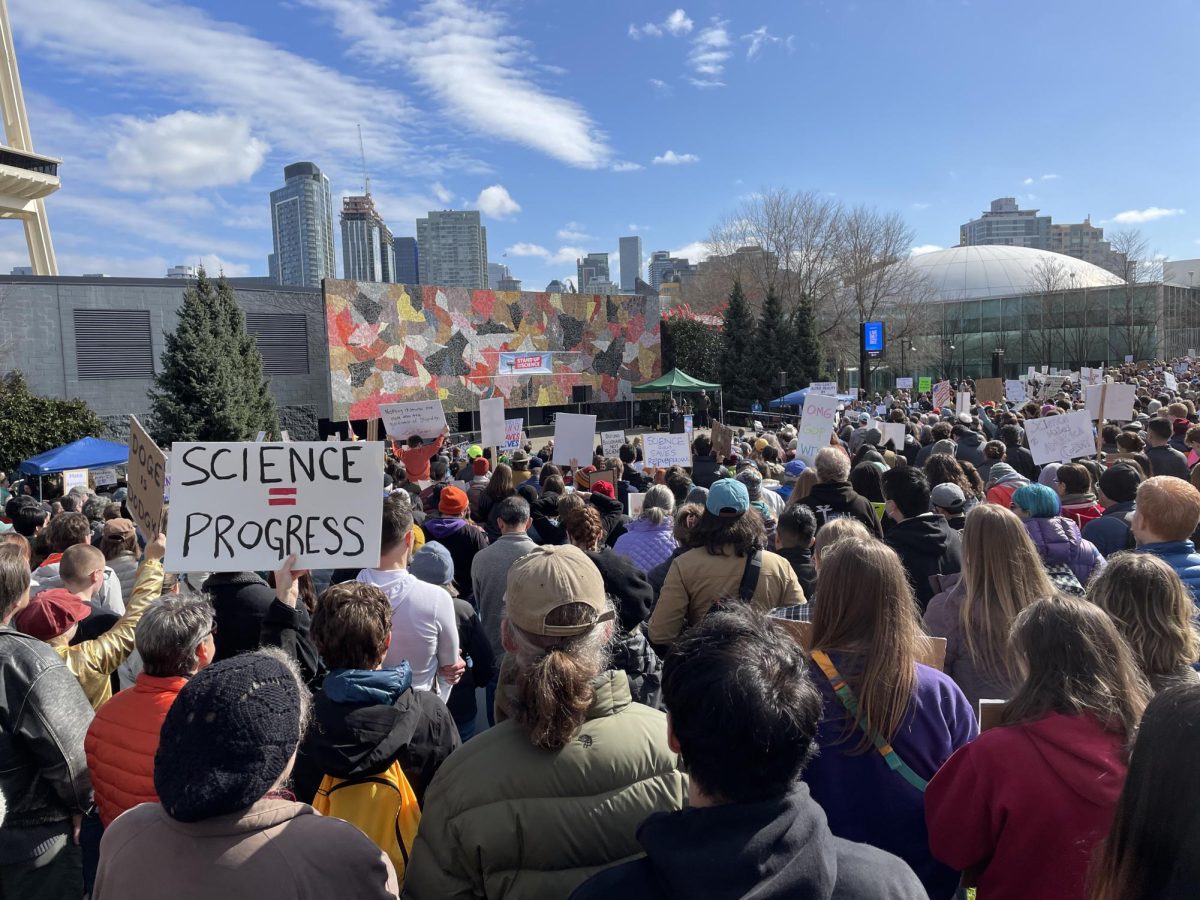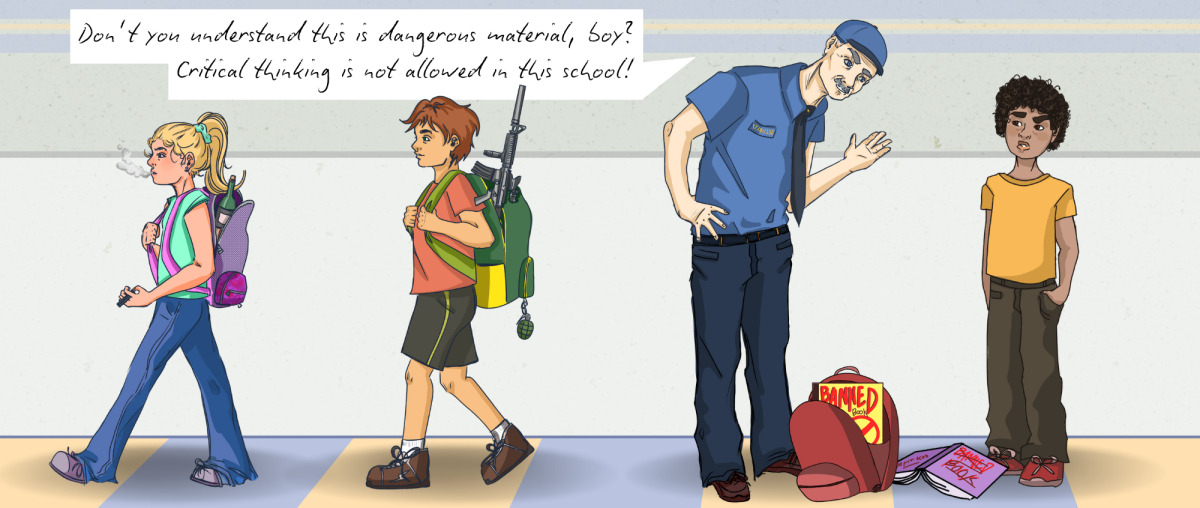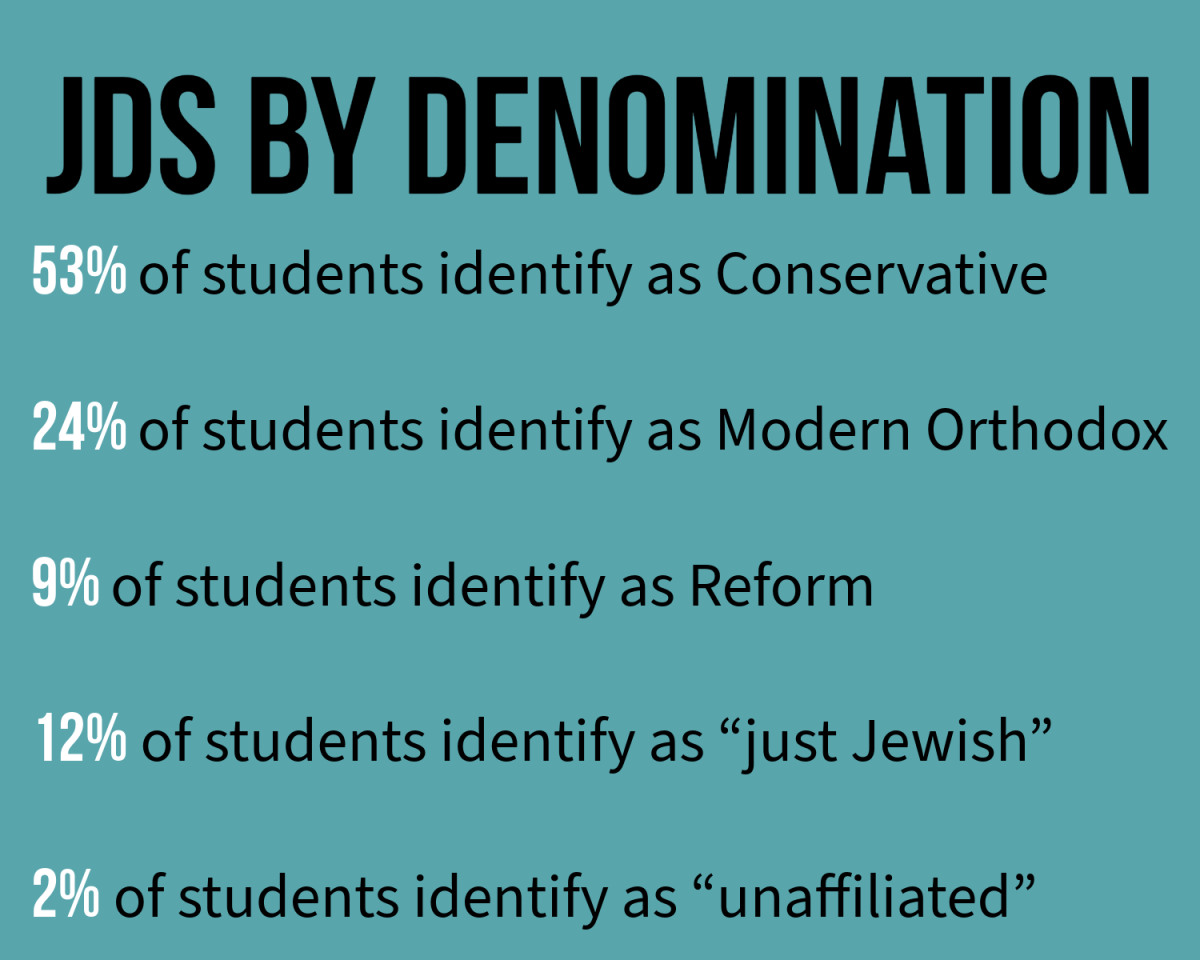We recently marked the 180th day of the Israel-Hamas War, a conflict ignited by Hamas militants’ brutal and indiscriminate Oct. 7 attacks on the communities of southern Israel. The effects on Israel have been devastating. Nearly 1,200 Israelis were killed on that day alone, with an additional 240 taken hostage. More than 250 IDF soldiers have died fighting in Gaza and defending the nation’s northern border against aggression from the terrorist organization Hezbollah.
Despite its high cost, a response was needed, and the Israel Defence Forces delivered, dismantling Hamas infrastructure and disrupting its chain of command. Yet in the last couple of weeks, the tides have begun to turn. As crises mount, we must consider supporting an end to the war.
Increasingly, the victims of the war in Gaza seem no longer to be Hamas militants, but instead the more than 2 million civilian inhabitants of the Gaza strip. Men, women and children are starving and dying together in the horrifying squalor of Rafah refugee camps. One may dismiss images of emaciated children as propaganda, but disdain will not bring those innocents back from the dead.
Inadvertently, the conflict is hurting Gaza’s poor and hungry far more than the surviving militants. This is unacceptable, and does not align with the values of the IDF, the state of Israel or the Jewish people. Yet the threat posed by the conflict’s continuation has practical implications as well.
Since its founding in 1948, Israel has been isolated and rejected by much of the world, whether under the leadership of the Soviet Union or of the Arab League. In recent years, this situation has only worsened, and the United States has become Israel’s only reliable shield against the often unjustifiable wrath of the international community. But this once unwavering support is beginning to look less certain.
President Joe Biden, a leader known for resisting pro-Palestinian elements in his own party and voicing his strong support for Zionism, has started to seem less sure of Israeli policy. Additionally, Vice President Kamala Harris has been consistently critical of Israel’s recent handling of the war. Even former President Donald Trump has called for a quick resolution to the war.
If Israel loses the support of the United States, it will have no major power to protect it from the wave of sympathy for the Palestinian cause which has swept the world in recent years, particularly among the younger generations.
Yet if Israel acknowledges that the war has reached its terminus, American policy will likely revert to its pre-war position. Defenders of Zionism in the Democratic party will feel significantly less pressure over the issue, and far more aid and diplomatic support will reach the Israeli government. But the loss of American support could make Israel a pariah state with few friends and little influence on the international stage. This must not be allowed to happen.
There is one more reason why the war must end, perhaps more pressing than the others. This is the situation of the hostages. 130 hostages remain in the Gaza strip, although recent estimates suggest that at least 30 of them have died. Israel is running out of time to save them, and an invasion of Rafah will probably leave more dead. Our priority must be Israeli lives, not the abstract and unattainable goal of what Israeli leadership calls “total victory.”
An insurgency cannot be uprooted in just a few months, and Israeli leaders must stop pretending otherwise. In the meantime, the hostages are suffering and dying. A deal must be made to save their lives and reunite them with their shattered families. And although it is true that Hamas has refused previous proposals for a ceasefire, Israel has been unwilling to compromise on major points of disagreement, such as the permanence of the deal.
I supported Israel before Oct. 7, and I remain a proud Zionist and supporter of Israel today, but I no longer believe that war is in the best interest of the state. Innocent Palestinians are now dying instead of terrorists. Israel is looking increasingly lonely in the international arena. Many Israeli hostages are dead, and those who are still alive have little time left.
For moral reasons, for pragmatic reasons and for the sake of Israeli lives, the conflict must end. Today, we are faced with a deeply uncomfortable truth: There is a time for war, but the time for peace is now.















